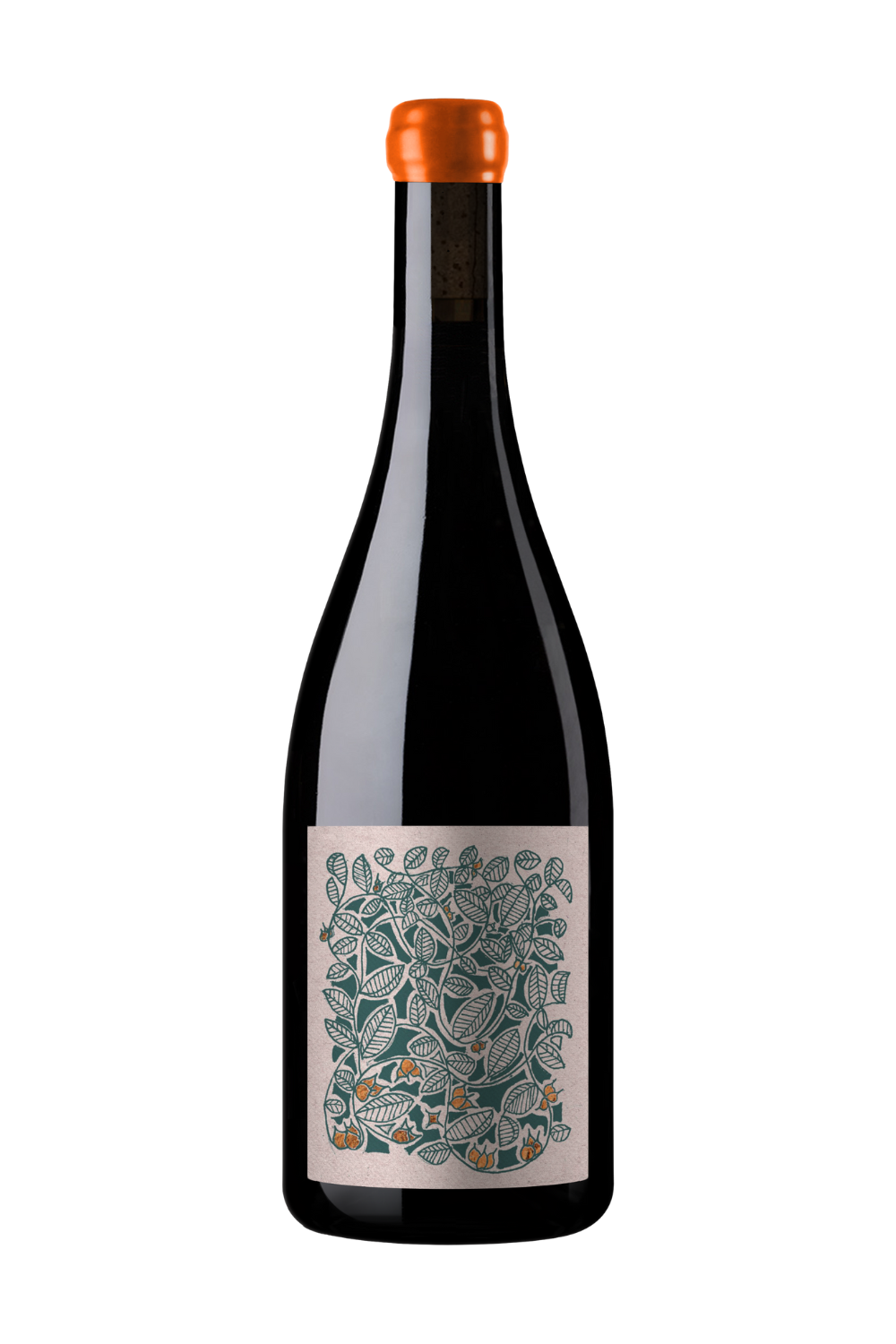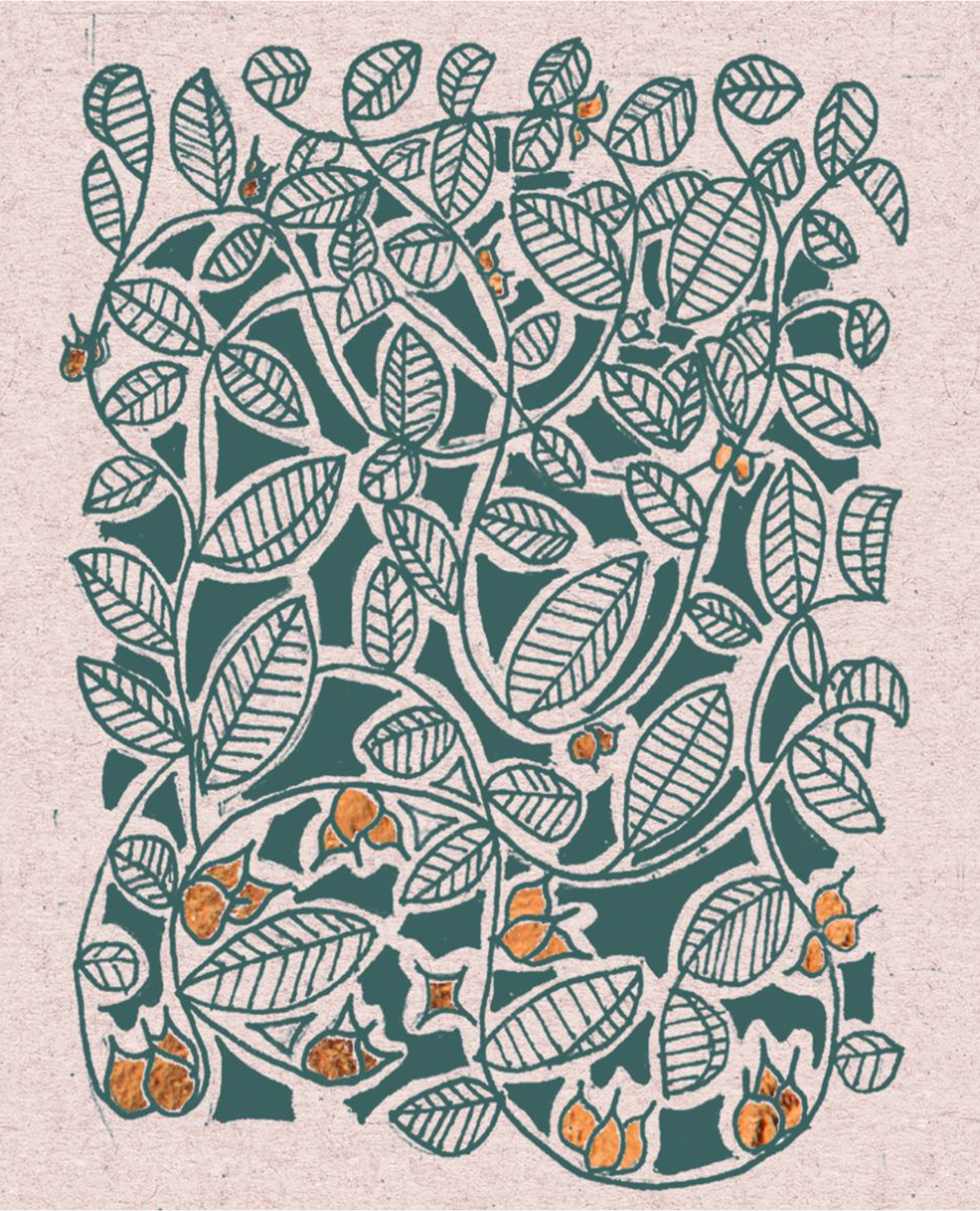
Stats
- Grapes: 100% Torrontés
- Vineyard: La Arboleda (Tupungato)
- Vine Age: 46-years-old
- Soil Type: Sandy with a presence of silt
- Viticulture: Sustainable (pergola system)
- Fermentation: Native — stainless-steel
- Skin Contact: 1 month
- Aging: 4 months in concrete egg
- Alcohol: 13.4%
- pH: 3.6
- Total Acidity: 4.93 g/L
- Total SO2: 66 ppm
- Total Production: 167 cases
- UPC: 0724751034151
- SRP: $36.99

Tasting Notes
This skin-contact Torrontés leads with grapefruit peel and white flowers, backed by zippy acidity and a touch of grip. Concrete aging keeps it clean and focused, letting the skins add texture and depth without muting the citrusy lift.

